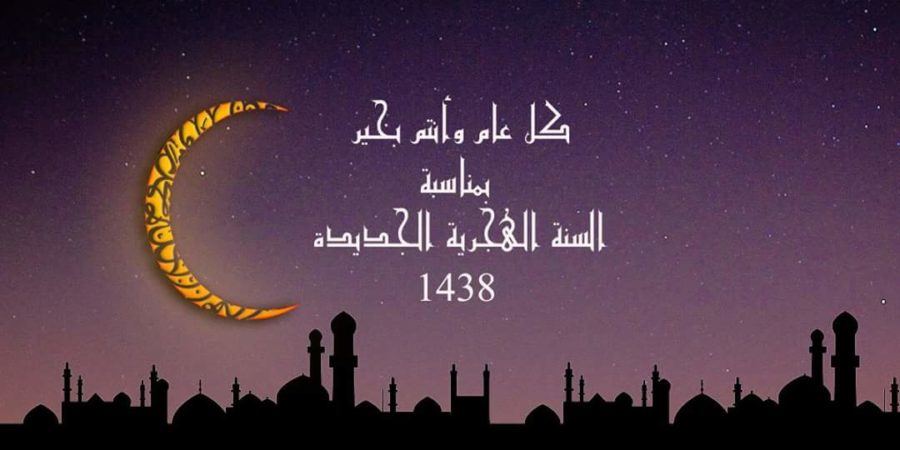The Islamic world celebrated the arrival of a New Year this week. It is now 1438.
The New Year is not as big as the religious Eid holidays. Nor does it have the social significance of New Year events in other countries where cities compete with each other over the lavishness of their fireworks.
In many cultures the New Year is a time for reflection on the last twelve months and a look to the future. It generates a sense of hope: a time to make a fresh start, open a new chapter to makes our lives more fruitful.
In the United Kingdom it is a time to make personal resolutions for the coming year, like giving up smoking, losing weight or saving money. Many don’t last very long as the pressures of daily routines make change too difficult. Facing our past mistakes is hard and change for the better can be even harder.
Libya is facing immense challenges as it enters the New Year. The solutions require tough choices, but there are opportunities to work together for a better year and a better future.
First, the economy: Libya should be rich. But the country’s economy is facing meltdown as the Central Bank’s reserves are used and government expenditure gets tangled in bureaucracy. One ray of hope: the fact that the damaging blockade of the oil crescent has ended and that the National Oil Corporation has lifted force majeure. Increasing oil production under the Government of National Accord is a positive step.
Next, the security situation: the fight against Daesh and other extremists is exacting a high price in young lives. But the growth of militias poses a real threat to stability. A unified military command structure under civilian political control – as in all democracies – is vital.
Thirdly, politics: after long delays, the House of Representatives finally voted on the Government of National Accord. Their right to reject the list must be respected. But the country needs a government of national unity to bring the country together and improve the lives of its people. Continuing stalemate won’t give Libyans the dignity they desire and deserve.
The solution to these problems is up to the Libyan people. It is not for outsiders to interfere or issue instructions. Our role is to answer your requests for help, give you our honest opinions, and support you as equal partners.
So in the spirit of the New Year, here are three resolutions that might be worth considering.
- Reject Violence: political disputes should be resolved by mature discussion, not by resorting to violence. Apart from terrorism and violent extremism, all disagreements should be tackled peacefully. An essential part of this approach should be the rule of law. Libyan laws and international standards should be respected by Libyans & the international community.
- Reconciliation: Libya’s history is littered with local differences and tribal disputes. But Libyans should look to the greater good of their nation. When Libyans sit together, they usually find common bonds and shared interests. By working together the wealth of the nation can be distributed so that all Libyans can enjoy the benefits of better schools, hospitals, and services.
- Recognise our partnership: We’re often told we’re not doing enough to support Libya; but at the same time we’re told that we shouldn’t interfere. No country can solve problems without co-operating with its neighbours and friends. The international community must respect the Libyan people’s will, but collaboration between Libya and the many countries offering assistance can certainly help to build a more peaceful and prosperous country.
The New Year should not just be a new number labelling days where people face the same conflicts and confusion. It is worth us all resolving to do things differently. That way 1438 could be a good year.

